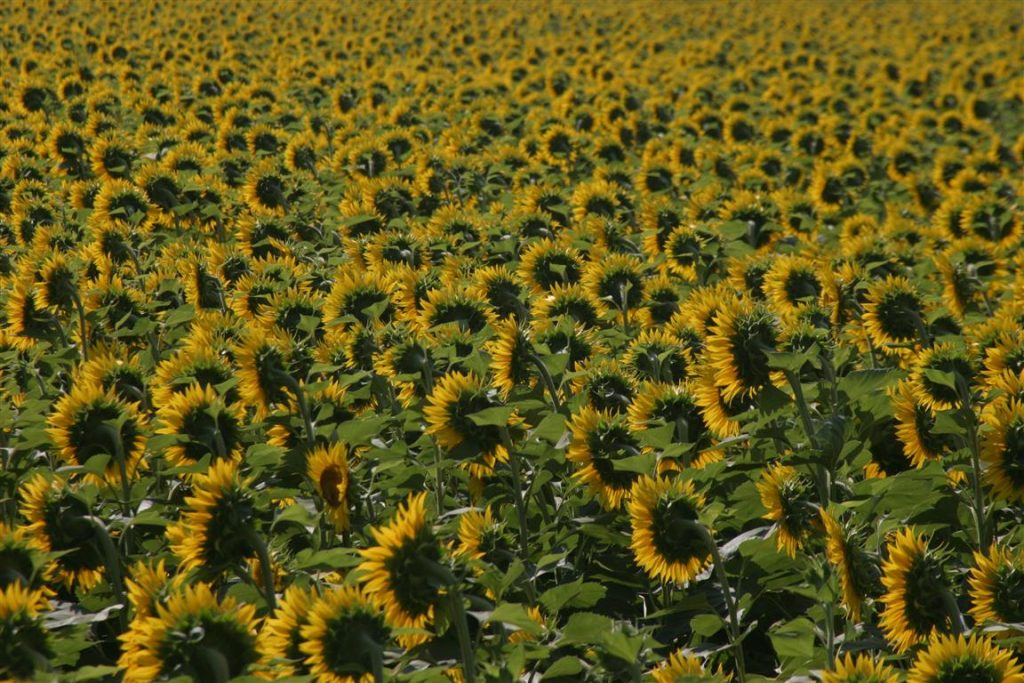World sunflower planted acres reached new highs in 2017, however poor weather intervened in key markets including the EU, Ukraine and Russia, meaning that production fell slightly in some regions. With prices showing signs of increasing as demand edges ahead of supply growers are already securing their seed for 2018 planting. “We are expecting sunflower and canola plantings to increase again in 2018, as the world continues to demand more vegetable oil and seeds,” says Damien Grundy, Marketing Leader of Nuseed.
Over the last few years sunflower has become the world’s third largest vegetable oilseed crop behind soy and canola with anticipation that 2018 global production may reach 50 million tonnes for the first time.
Established markets such as Europe and developing ones such as India continue to demand more and more sunflower oil, presenting farmers who plant modern hybrid varieties with profitable opportunities to substantially increase production. There is specific demand for high oleic sunflower oil, as buyers value its quality, health attributes and versatility. Meanwhile, the health and nutrition value of confection sunflower seeds are being appreciated by consumers wanting a more wholesome and healthy diet.
Although five regions produce more than 85% of the world’s sunflowers – Ukraine (30%), Russia (24%), EU (18.5%), Argentina (7%) and China (6%), there are another five countries producing more than half a million tonnes of sunflower every year, including the USA South Africa and Australia. That means that there are major producers of sunflowers on every continent on earth.

Nuseed uses their global germplasm and sunflower expertise, in tandem with regional trials, to develop top performing hybrids with substantial yield improvements over open pollinated varieties.
